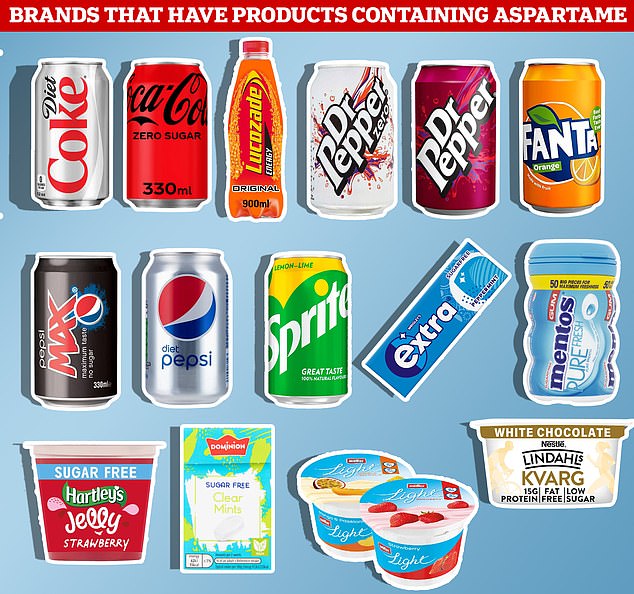Aspartame, one of the world’s most common artificial food and beverage sweeteners is set to be declared a possible carcinogen in July by the International Agency for Research on Cancer (IARC), the World Health Organization’s (WHO) cancer research arm, according to a Reuters report.
The artificial sweetener, used in products such as Coca-Cola diet sodas, chewing gum and some carbonated drinks will be listed in July as “possibly carcinogenic to humans” for the first time.
According to Reuters, the IARC ruling, finalised earlier this month after a meeting of the group’s external experts, is intended to assess whether the artificial sweetener is a potential hazard or not, based on all the published evidence.
It does not take into account how much of a product a person can safely consume. This advice for individuals comes from a separate WHO expert committee on food additives, known as JECFA (the Joint WHO and Food and Agriculture Organization’s Expert Committee on Food Additives), alongside determinations from national regulators.
It would be recalled that similar IARC rulings in the past for different substances have raised concerns among consumers about their use, led to lawsuits, and pressured manufacturers to recreate recipes and swap to alternatives. That has led to criticism that the IARC’s assessments can be confusing to the public.
JECFA, the WHO committee on additives, is also reviewing aspartame use this year. Its meeting began at the end of June and it is due to announce its findings on the same day that the IARC makes public its decision – on July 14.
An IARC spokesperson said both the IARC and JECFA committees’ findings were confidential until July, but added they were “complementary”, with IARC’s conclusion representing “the first fundamental step to understand carcinogenicity”. The additives committee “conducts risk assessment, which determines the probability of a specific type of harm (e.g., cancer) to occur under certain conditions and levels of exposure.”
“We kindly ask both bodies to coordinate their efforts in reviewing aspartame to avoid any confusion or concerns among the public,” Nozomi Tomita, an official from Japan’s Ministry of Health, Labour and Welfare, wrote in a letter dated March 27 to WHO’s deputy director general, Zsuzsanna Jakab.
It would also be recalled that Pepsico removed aspartame from sodas in 2015, bringing it back a year later, only to remove it again in 2020.
Aspartame is authorised for use globally by regulators who have reviewed all the available evidence, and major food and beverage makers have for decades defended their use of the ingredient. The IARC said it had assessed 1,300 studies in its June review.







Comment
No comments found.